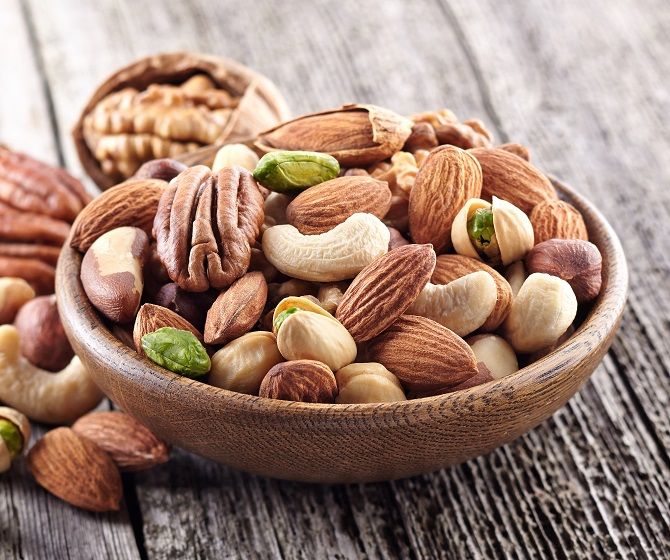By Push Doctor
Does cutting out calories help you live longer?
It's well known that cutting calories can help you lose weight, but research also shows that it may help you live longer too.
Research has been ongoing over the last decade at the Pennington Biomedical Research Centre in Louisiana. They started the largest human clinical trial to look at the effects of calorie restriction on aging, called the Comprehensive Assessment of Long-term Effects of Reducing Intake of Energy, or Calerie.
The research relied on volunteers who reduced their calorie intake by 25% for two years, and had weekly blood tests, bone scans and body temperature tests to monitor how their body functions.
Participants also had to spend 24 hours in a sealed metabolic room, where scientists could measure their breathing to find out how their bodies were burning calories, and whether these calories came from carbs, fats or protein.
The results of these 24 hour tests have been published in the journal 'Cell Metabolism' and do in fact show that cutting calories lowers the metabolism by about 10%.
According to the researchers, this means altered biological processes, which reduce the amount of oxygen your body needs to function. Leanne Redman, the lead author of the study says: Restricting calories can slow your basal metabolic rate the energy you need to sustain all normal daily functions.
After two years, the lower rate of metabolism and level of calorie restriction was linked to a reduction in oxidative damage to cells and tissues. When your body uses less oxygen, it produces fewer by-products, like free radicals, which can damage DNA and other cellular machinery.
However, not all researchers agree. Luigi Fontana from the Washington University in St. Louis says: You can have a low resting metabolic rate because you're dying of starvation, Does that make it a biomarker of longevity? No. You can be calorie restricted by eating half a hamburger and a few fries each day but will you live longer? No, you will die of malnutrition.
""Twenty years ago the dogma was the more calorie restriction the better, he says. What we are finding now is that it's not the number that matters. Genetics, the composition of the diet, when you eat, what's in your microbiome, this all influences the impact of calorie restriction.
Push Doctor's Dr Simon Latham says: Cutting calories may be somewhere on many of our 'to-do' lists, but research shows that although it may be a key to losing weight, there are many factors involved in living longer, healthier lives.

